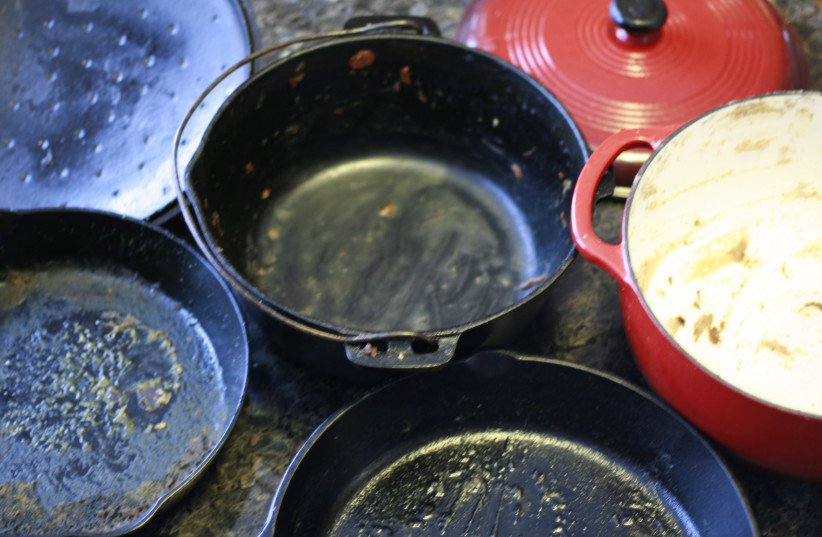Every one of us probably has a pan or pot that’s seen better days. A new study shows why you should probably throw them in the trash.
In this Australian study, researchers showed that plastic particles can enter our food if it comes in contact with damaged cookware – even a small scratch on a Teflon-coated pan can release around 9,100 potentially dangerous plastic particles.
Teflon-coated non-stick pots and pans lose their coating over time as we use and wash them, which makes cooking problematic. But it is hard to gauge exactly how much plastic is released from them, and what effect it has on our health.
A study published in the journal Science of The Total Environment examines the presence of microplastics and nanoplastics, and came to the conclusion that we may be dealing with a significant number of plastic fragments over time.
How did the researchers study microplastic from damaged pots and pans?
To figure this out, the researchers cut the Teflon-coated cookware into small pieces. Then, to simulate the cooking process (albeit without food, water or oil), they cooked for 30 seconds in pans of different materials (like wood, plastic and stainless steel) against the Teflon.
The findings showed that a cracked Teflon coating could release up to 2.3 million tiny plastic particles during cooking.
What’s more is that Teflon (or polytetrafluoroethylene) is part of a group of similar substances known as “forever chemicals,” which infect the environment and have been linked to a number of health problems in prior studies.
This group includes over 4,700 different types of substances and has been found to increase the risk of cancer, obesity and hormonal disorders.
It isn’t entirely clear if the release of microplastics is dangerous, and researchers are calling for more studies into the possible impact of microplastic contamination during cooking.
They do, however, say that old pots and pans should be thrown away after a certain period of time, or that Teflon coatings be made more resistant to wear and tear.




